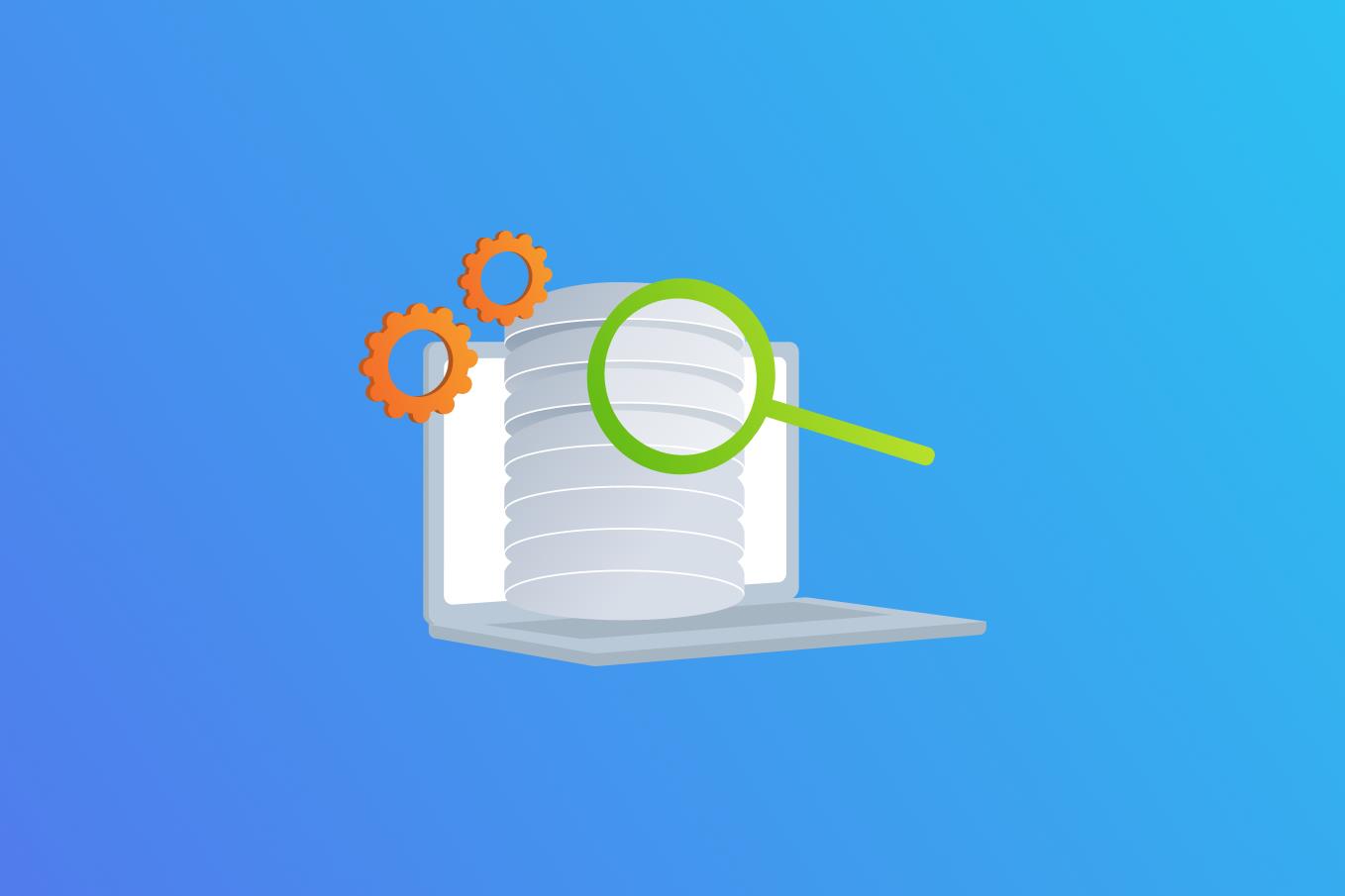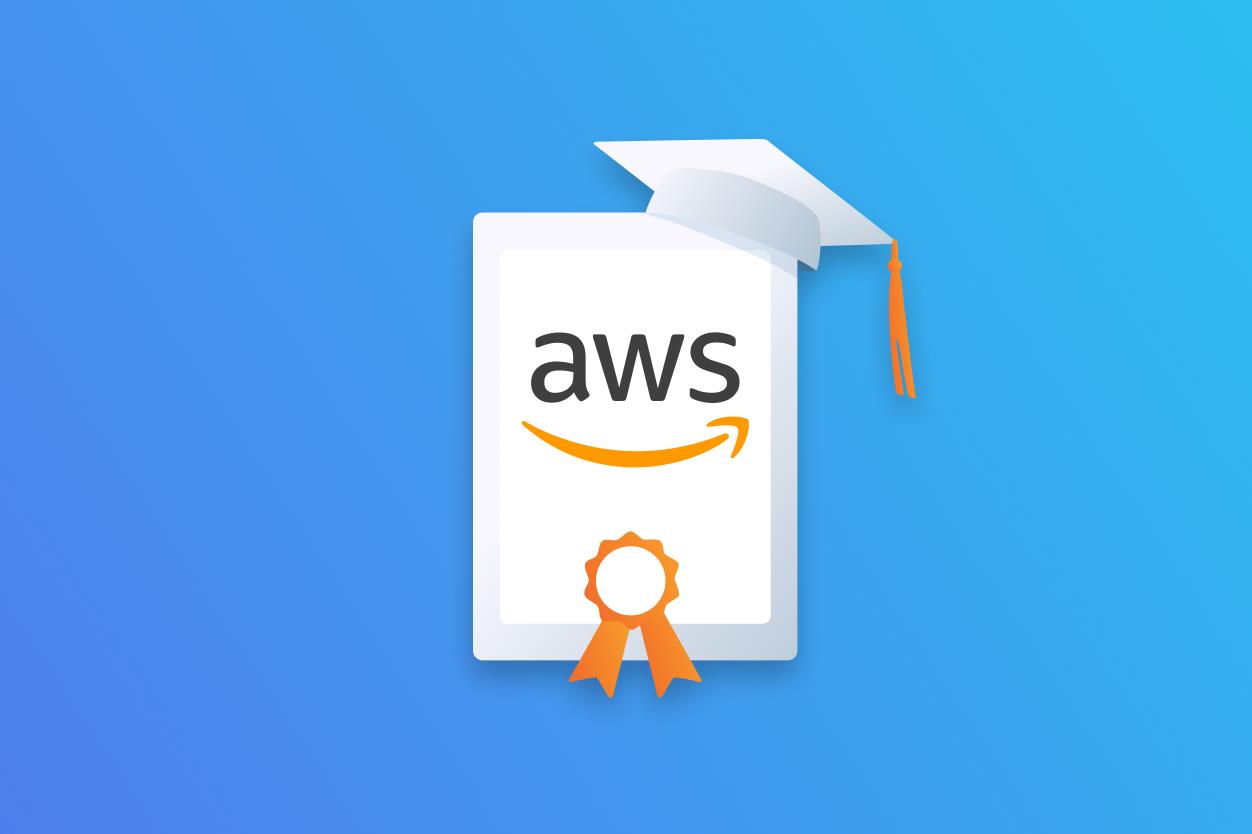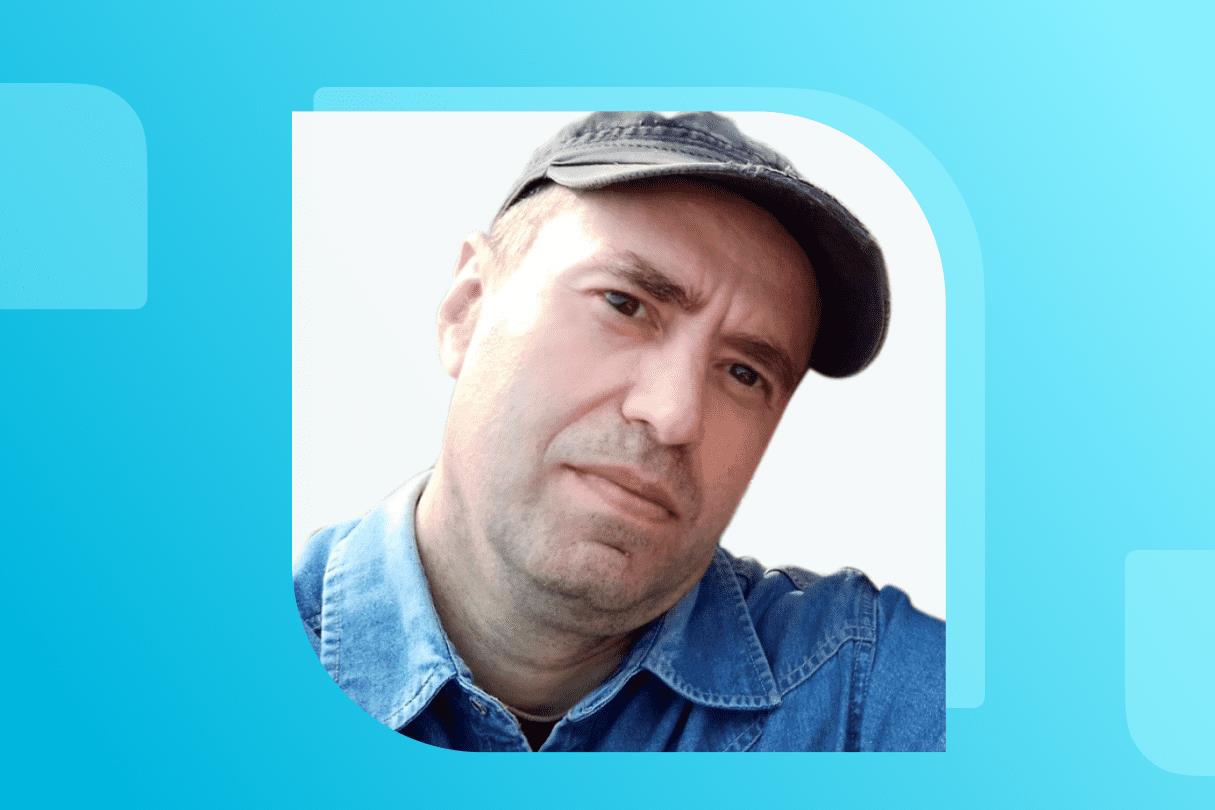EPAM offers an opportunity not only to start your career in DevOps from scratch, but also to "pump yourself up" in your existing profession in a more intensive and interactive format – with a two-month DevOps Mentoring program. Nurlan Sadvokassov, a former mentee and now Middle Systems Engineer at EPAM, explains what it's like when it's not you who pays for training, but you’re paid, and how to confidently go through the mill.
Nurlan applied for the DevOps Mentoring program last summer after 11 years of experience as a systems engineer. All this time, he took online courses and immersed himself in technical literature, but his self-education lacked consistency and a fresh perspective on code. So, in search of new opportunities, Nurlan learned about the program: “I wanted to try myself at a world-class company. I heard that if you have a line on your resume with work experience at EPAM, you’ll be in great demand in the IT market! I decided to find out if it's really as cool as they say.”
Did your expectations come true?
Definitely. I immediately noticed the organized and meticulous approach to work, which I had only read about before: everyone knows their job, and everyone works as one big organism. By the way, my training was paid for – it was a pleasant bonus to my main income. For the first time in my life, I faced the fact that it was not you who paid for training, but they paid you!
How did you find out you were accepted into the program?
I applied, and a week later, the recruiter called me with the news that they were ready to accept me. A series of exciting days followed: I was interviewed; paperwork was done; and I immersed myself in the process and EPAM's internal systems, familiarizing myself with the training material, platforms, and tools.
Did you prepare for the program in any way?
At the start, I thought that my experience would be enough for me, but almost immediately I came across the opposite. Before the start of the program, I analyzed my knowledge, read articles, watched videos on YouTube, and during the course, I immersed myself in new technologies for me. To be honest, in some situations I was surprised at the effectiveness of their combination with the tools I knew. I even thought: "Why didn't I use this before?"
What about the English language?
You can't do without it in IT! First of all, I was interviewed for training in English –that is, it came in handy even at the stage of acquaintance. Basically, we studied the Linux Academy materials where everything was in English, and all the other applications, services, video tutorials, books, and materials were in English as well. You need at least a B1 (Intermediate level) to understand everything. Besides, the higher your level, the more chances you have to get into a project with a foreign customer after the program, of which they are the vast majority at EPAM.
Tell us about how the training process
The essence of mentoring is as follows: you study a huge database of EPAM materials and profile partners of the company, then perform tasks of a mentor with whom you do joint or group work on mistakes. The mentor is constantly in touch, and you can ask him absolutely any questions about the program or discuss difficulties that arise along the way.
Since I continued to work at the previous place, and there was enough material to study, I had to study in my free time and on weekends. The program had a flexible schedule, and group meetings on theory were recorded, so they could be reviewed.
What was the frequency and format of the classes?
With the team and mentor, we met every other day to study theory. Despite the abundance of available video lessons, I enjoyed listening to live lectures and asking questions in the process. Sometimes we had group discussions, solved problems together (or watched one of us solve them), and exchanged practical experiences and cases. At the beginning of the program, I felt gaps in my knowledge, but as we began to study a whole gallery of different disciplines, directions, and tools, they began to disappear.
Were you confident that you would be hired by the company after mentoring?
At the end of the program, we passed mandatory tests, and if we were successful, we were assigned additional interviews. The intrigue lasted even into the last week. I was worried, but I believed in the best, as the results could have been unpredictable. When they called and invited me in for an interview, it was like a mountain fell off my shoulders! I was very happy. Eventually, I was hired as a Middle Systems Engineer, and in October 2021, I was already undergoing Onboarding as an EPAM Kazakhstan employee. By the way, I still have a great relationship with the group and mentors: I communicate with some of them, despite the fact that we work on different projects.
What would you advise those who want to apply for DevOps Mentoring?
You will definitely need a good technical background and a desire to develop. Sometimes you will need to grasp information literally on the fly, so be prepared for serious, but incredibly interesting work. And it's also important to be proactive and love your job – EPAM gives you all the resources, and the rest depends on you.
A list of useful resources that will help on the way to the profession of DevOps-engineer from Nurlan Sadvokassov.
- TechWorld with Nana YouTube-channel
- "Kubernetes in Action" book by Marko Luksha





_01115712.png)
_01104686.png)

_01124790.png)